How do you avoid nutritional misinformation?
How can you be sure that what you are reading is true?
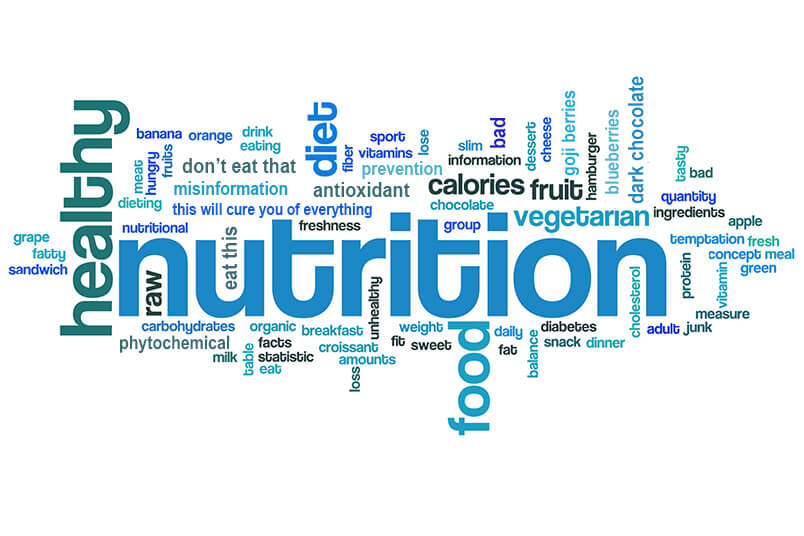
Share
How do you avoid nutritional misinformation?
The internet these days is awash with articles and blogs claiming all sorts of benefits for a huge and ever growing variety of foods, but how can you be sure that what you are reading is true?
Most articles don’t have a source or if you search the web you’ll find the same article, with almost the same wording on site after site.
If you do find the same article over and over again in different places, then look for the original research publication. You may only be able to read an abstract (a short conclusion of the research) but it should give you enough information to tell if the resulting articles are misleading or not.
CheckYourFood.com
At checkyourfood.com all of the information is scientifically backed with references. You’ll find an integration of the world’s science with food composition data and RDA’s.
You can check the health benefits of ingredients and meals and track and analyse your food to ensure an accurate healthy diet, free of misinformation.
So look no further, if you want information that’s reliable and not overzealous or at the other extreme scare mongering then CheckYourFood is the resource you should go to!
If you want to start checking your food to see how healthy your diet is then check out our free trial below.

The internet these days is awash with articles and blogs claiming all sorts of benefits for a huge and ever growing variety of foods, but how can you be sure that what you are reading is true?
Most articles don’t have a source or if you search the web you’ll find the same article, with almost the same wording on site after site.
As an individual it can be very confusing and a bit daunting to sift through what you read and try to determine what’s true, embellished, cherry picked or straight out misleading.
So how do you avoid nutritional misinformation?
A little bit of history
Ever since James Lind discovered the cure for scurvy in 1747 we have had studies, lab tests and observations giving us insight into the health benefits of foods.
For Dr Lind, whilst he didn’t know it, it was the vitamin C content of the foods he fed to the sailors dying of scurvy that led to their cure and later to the prevention of scurvy.
Similarly the cure for rickets was discovered by giving fish oil to rats, the bioactivity of what was initially called vitamin A was discovered in the fish oil as being the reason for the cure. This was later renamed to vitamin D and to this day we all know that vitamin D deficiency results in rickets.
Since these cures were discovered scientists have unearthed the bioactivity (the effects on us) of 17 vitamins and 13 minerals that we all require, in adequate amounts, on a regular basis to protect our ongoing health.
Food analysis and RDA’s are created
In the late 1930’s Professor McCance and Dr Widdowson put forward the idea of food composition data – that is the analysis of all foods for their vitamin, mineral and macronutrient (carbs, fats, proteins) content.
Then, in the early 1940’s the US National Academy of Sciences created RDA’s to complement the food analysis. These are effectively the 'recommended daily amounts' of vitamins, minerals and macronutrients required by us to protect and maintain good health.
It is this history of studies, lab tests, observation, food analysis and RDA’s that gives us the tools to circumvent nutritional misinformation.
Phytochemicals
An emerging area of nutritional science that could muddy the fairly clear waters of nutrition given to us by years of sound peer reviewed science is the area of phytochemicals. These are the chemicals produced naturally by plants to protect themselves from disease that seem to pass on similar benefits to us.
The word ‘antioxidants’ is often the word that’s used when you see articles about blueberries or dark chocolate. These antioxidants are in the phytochemicals that are present in these foods.
But before we get lost in the inevitable misinformation that results from people trying to sell us new health giving ingredients such as ‘Goji berries’, what of the science?
Reliable references
Every article referencing antioxidants or phytochemicals or polyphenols and indeed every blog or article on nutrition, needs to have reliable references.
So how do you avoid nutritional misinformation?
A little bit of history
Ever since James Lind discovered the cure for scurvy in 1747 we have had studies, lab tests and observations giving us insight into the health benefits of foods.
For Dr Lind, whilst he didn’t know it, it was the vitamin C content of the foods he fed to the sailors dying of scurvy that led to their cure and later to the prevention of scurvy.
Similarly the cure for rickets was discovered by giving fish oil to rats, the bioactivity of what was initially called vitamin A was discovered in the fish oil as being the reason for the cure. This was later renamed to vitamin D and to this day we all know that vitamin D deficiency results in rickets.
Since these cures were discovered scientists have unearthed the bioactivity (the effects on us) of 17 vitamins and 13 minerals that we all require, in adequate amounts, on a regular basis to protect our ongoing health.
Food analysis and RDA’s are created
In the late 1930’s Professor McCance and Dr Widdowson put forward the idea of food composition data – that is the analysis of all foods for their vitamin, mineral and macronutrient (carbs, fats, proteins) content.
Then, in the early 1940’s the US National Academy of Sciences created RDA’s to complement the food analysis. These are effectively the 'recommended daily amounts' of vitamins, minerals and macronutrients required by us to protect and maintain good health.
It is this history of studies, lab tests, observation, food analysis and RDA’s that gives us the tools to circumvent nutritional misinformation.
Phytochemicals
An emerging area of nutritional science that could muddy the fairly clear waters of nutrition given to us by years of sound peer reviewed science is the area of phytochemicals. These are the chemicals produced naturally by plants to protect themselves from disease that seem to pass on similar benefits to us.
The word ‘antioxidants’ is often the word that’s used when you see articles about blueberries or dark chocolate. These antioxidants are in the phytochemicals that are present in these foods.
But before we get lost in the inevitable misinformation that results from people trying to sell us new health giving ingredients such as ‘Goji berries’, what of the science?
Reliable references
Every article referencing antioxidants or phytochemicals or polyphenols and indeed every blog or article on nutrition, needs to have reliable references.
Nutritional science, whilst being ongoing, is rooted in a long and credible history of increasing revelation about nutrients and their benefits.
So to avoid misinformation check the accepted science of nutrients, food composition data and RDA’s, and double check the sources of any article that is talking about the health benefits of any ingredient, meal or individual nutrient.
So to avoid misinformation check the accepted science of nutrients, food composition data and RDA’s, and double check the sources of any article that is talking about the health benefits of any ingredient, meal or individual nutrient.
If you do find the same article over and over again in different places, then look for the original research publication. You may only be able to read an abstract (a short conclusion of the research) but it should give you enough information to tell if the resulting articles are misleading or not.
CheckYourFood.com
At checkyourfood.com all of the information is scientifically backed with references. You’ll find an integration of the world’s science with food composition data and RDA’s.
You can check the health benefits of ingredients and meals and track and analyse your food to ensure an accurate healthy diet, free of misinformation.
So look no further, if you want information that’s reliable and not overzealous or at the other extreme scare mongering then CheckYourFood is the resource you should go to!
If you want to start checking your food to see how healthy your diet is then check out our free trial below.

Love this? Get blogs and more in your inbox
Subscribe to receive our blogs plus each weeks featured ingredient, recipe and nutrient in your inbox
Thank you for registering

 About nutrients
About nutrients
 All nutrients
All nutrients
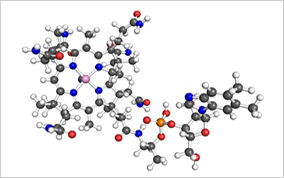 vitamins
vitamins
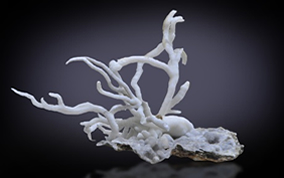 minerals
minerals
 phytochemicals
phytochemicals
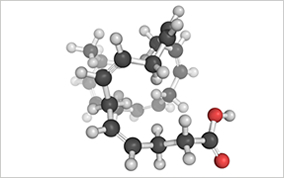 fatty acids
fatty acids
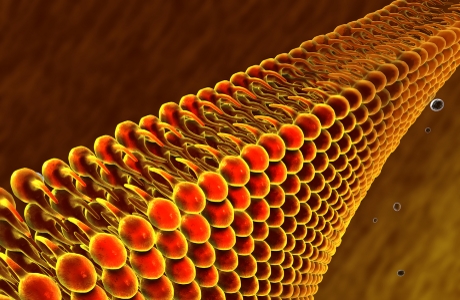 macronutrients
macronutrients
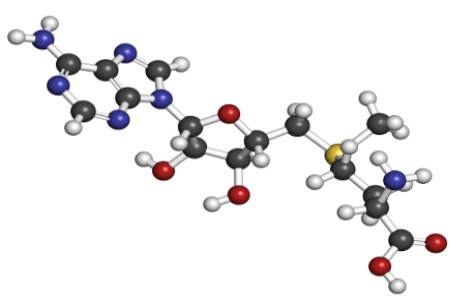 amino acids
amino acids




